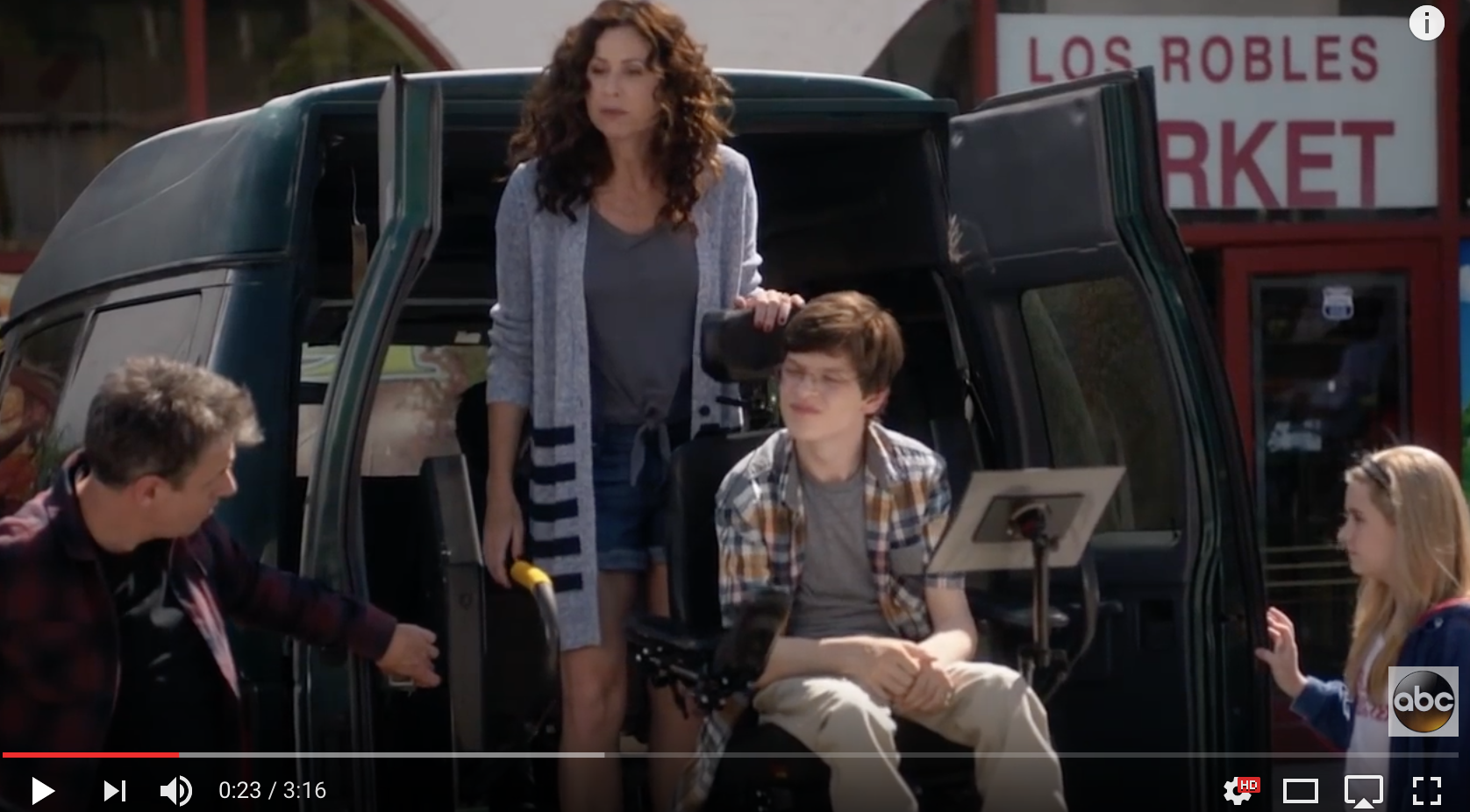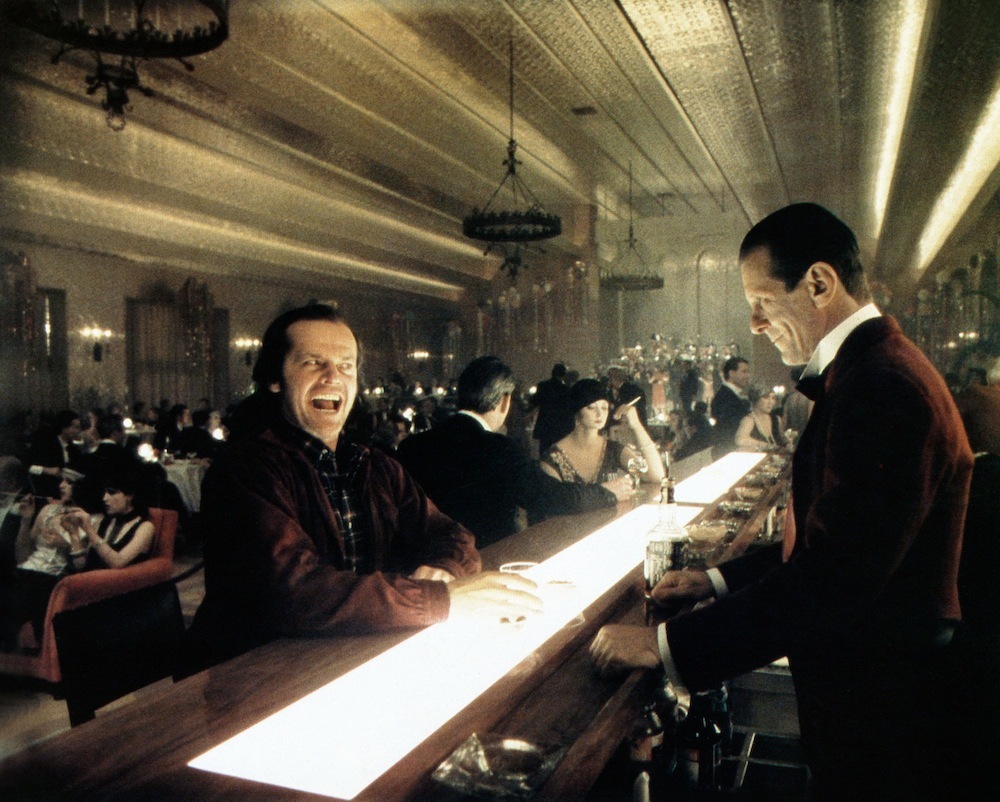Mondays with Mike: It’s good to know someone
September 26, 2016 • 7 Comments • Posted in Mike Knezovich, Mondays with Mike, UncategorizedWhen Beth and I moved to Chicago in 2003, she was hard at the business of promoting her first book, the memoir “Long Time, No See,” published by the University of Illinois Press. She was on the airwaves with the likes of Rick Kogan and, back then, The Kathy & Judy Show. The Chicago Tribune gave the book a good review, and Beth began appearing at libraries and bookstores around the city and suburbs, reading from her book.
Lots of Beth’s friends from high school and from the University of Illinois had settled in or around Chicago. After every media or personal appearance, it seemed she’d hear from one or another of them.

Ribicue, 2016.
But the first reconnection was a personal encounter. We were on the Red Line subway when this tall stranger peered down at Beth and said, “Ms. Finke?” She looked up and immediately realized it was Don—they’d both lived in Scott Hall, a U of I dormitory that was part of a complex called the six-pack. She learned Don lived on the North Side (though he’s an avid White Sox fan, and we’ve since attended several games with him and his wife). They were off and running in conversation until Don had to run—we came to his stop, and it was goodbye. At least for the moment.
Here’s to serendipity. Eventually, Beth was invited to something called Ribicue. This annual event is held in September at Foster Beach, pretty much come hell or high water, though those two have caused cancellations or postponements. Don and his pals Craig and Jim—the three musketeers of the Weber grills—prep the day before and hover over the grills all afternoon, cooking up an endless supply of some delicious ribs. Their stamina is amazing, and surpassed only by the obvious joy it gives them to do it.
The rest of us guests bring salads, desserts… or nothing.
On a day like last Saturday, it’s really spectacular in a lovely, laid back way. The temperature was in the 70s, the skies were clear, a stiff breeze meant you could both see and hear Lake Michigan. The best thing, of course, is just hanging out with friends.

Beth and I always take a walk along the beach.
How do you get an invite to this exclusive event? Well, sorry, you had to live in Scott Hall on the correct floor back in the day. Or know someone who did. (I won the jackpot on that.) I’ve gotten to know—and have befriended—many of Beth’s friends from Scott. We all catch up with each other. And we compare notes about our college experiences—Saturday, two of us reminisced (in some wonderment) about living in a triple dorm room. (Those triples were more like army barracks than what we call a dorm room these days, but you know, it was good for us.)
I’ve spent more than one sublime lakefront Saturday afternoon with this crew. And I’m grateful that they’ll have me, even if I did live in Hopkins Hall, and not Scott.



